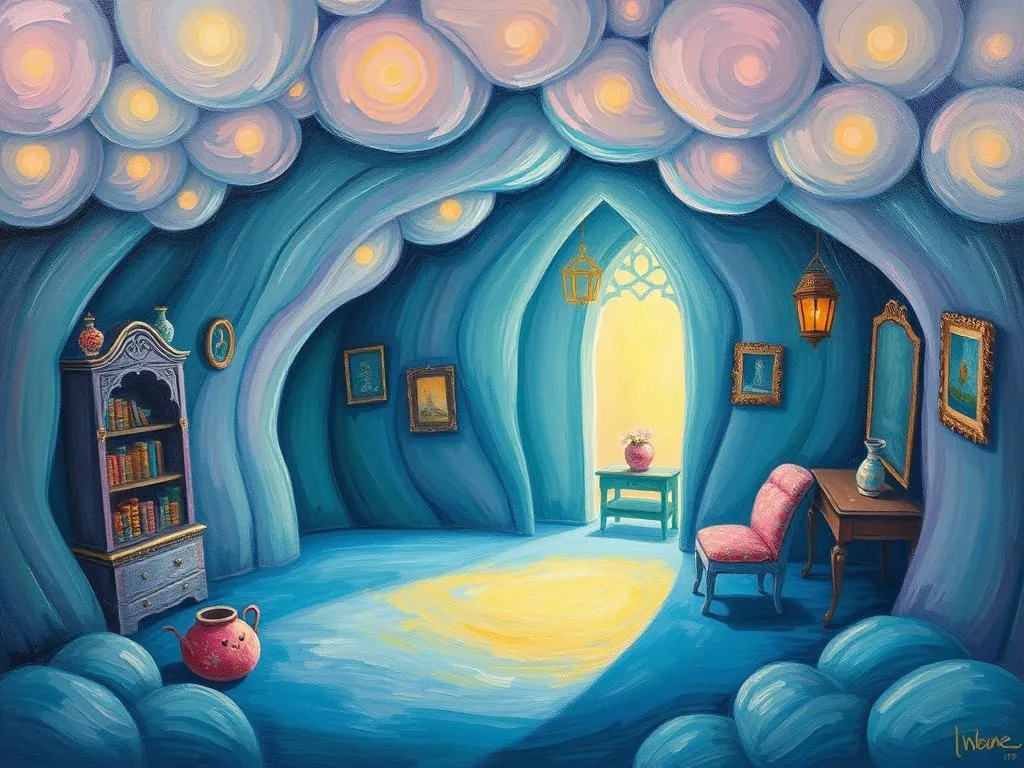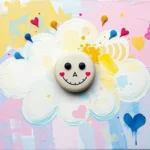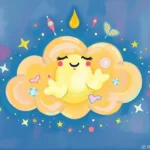
Introduction
Dreams have long fascinated humanity, serving as portals to our subconscious, revealing hidden fears, desires, and emotions. Among the most intriguing types of dreams are those that feature hidden rooms, secret chambers tucked away in familiar spaces. These dreams resonate deeply with many, prompting individuals to ponder their significance and the messages they may convey. The concept of hidden rooms in dreams invites exploration into the unexplored corners of our psyche, highlighting the complexities of our thoughts and feelings.
What makes these dreams particularly captivating is their potential to reflect aspects of ourselves that we may not be fully aware of or ready to confront. As we delve into the symbolism, scenarios, and real-life connections associated with hidden rooms in dreams, we can gain valuable insights into our inner worlds and the dynamics shaping our waking lives.
Symbolism and Meaning
Hidden rooms in dreams often symbolize repressed emotions, forgotten memories, or unacknowledged desires. They reveal aspects of ourselves that we may have tucked away, either out of fear or a desire to avoid confronting certain truths. The room itself can represent a variety of concepts depending on its characteristics, such as its size, condition, and contents.
For instance, a large, cluttered room might reflect feelings of being overwhelmed by unresolved issues, while a small, pristine space could signify a desire for peace and clarity in one’s life. The act of discovering a hidden room can symbolize a moment of realization or self-discovery, prompting the dreamer to confront these hidden facets of themselves.
Doors in these dreams also carry weighty symbolism. A closed door may represent barriers or obstacles the dreamer faces in their waking life, while an open door can signify opportunities for growth and exploration. The lighting within these rooms can further enhance the meaning; dim lighting might suggest uncertainty or fear, whereas bright light can symbolize enlightenment and understanding.
From a psychological perspective, Carl Jung’s theory of the collective unconscious offers insights into the significance of hidden rooms. Jung believed that dreams serve as a bridge to our deeper selves, revealing archetypes and symbols that resonate universally. Hidden rooms could be seen as manifestations of the shadow self—the parts of ourselves we often hide from others and even from ourselves. Acknowledging these hidden aspects can lead to greater self-awareness and personal growth.
Key Scenarios and Variations
The context in which the hidden room appears can significantly alter its interpretation. For instance, finding a hidden room in one’s childhood home may evoke nostalgia and signify a reconnection with lost aspects of one’s past. This scenario could invite reflection on how past experiences continue to shape one’s present identity and emotional landscape.
Alternatively, if the hidden room is discovered in a place of work, it may symbolize feelings of inadequacy or unfulfilled potential related to one’s career. The dreamer might be grappling with a desire to explore new opportunities or creative pursuits that they have yet to embrace.
Another common variation involves the dreamer exploring the hidden room. This active engagement can indicate a willingness to confront and explore these concealed parts of oneself. The contents of the room—whether they are familiar objects or strange, unfamiliar items—can provide clues about what the dreamer needs to address in their waking life. Familiar objects may represent unresolved feelings or memories, while unfamiliar items can symbolize new aspects of the self waiting to be discovered.
In contrast, a dream in which the hidden room feels ominous or frightening suggests a fear of delving into suppressed emotions. The dreamer might be resisting acknowledging certain aspects of their life that are troubling or uncomfortable. Such dreams can serve as a gentle reminder to approach these feelings with compassion and curiosity rather than fear.
Moreover, if the dreamer encounters someone else in the hidden room, this interaction can shift the focus of interpretation. The other person might embody traits or qualities that the dreamer is grappling with or seeking to integrate into their own life. This dynamic can shed light on interpersonal relationships and how they influence the dreamer’s self-perception.
Real-Life Connections and Takeaways
Understanding the symbolism of hidden rooms in dreams invites us to reflect on our personal lives and the various layers of our identities. These dreams often emerge during times of transition, stress, or introspection, signaling a need for self-exploration and healing. To connect these dreams to real-life situations, individuals can engage in self-reflection, journaling, or even creative expression to uncover the emotions and thoughts that might be hidden beneath the surface.
One practical way to start this process is by recalling the dream in detail. What feelings did the hidden room evoke? What was the state of the room? Were there any significant objects or people present? By examining these elements, individuals can begin to draw parallels between their dreams and their waking experiences. This introspective journey can illuminate areas where they might feel stuck, fearful, or unfulfilled.
Moreover, it’s essential to approach these dreams with an open mind and a sense of curiosity. Instead of viewing the hidden room as a source of anxiety or discomfort, consider it an opportunity for growth. Ask yourself what aspects of your life you might be neglecting or avoiding. Are there emotions that need to be acknowledged? Are there dreams or aspirations that have been sidelined?
For instance, if you find yourself consistently dreaming of hidden rooms filled with items from your past, this may be a call to reconnect with those memories and explore how they shape your current identity. Engaging with these feelings can foster healing and clarity, allowing individuals to move forward with greater self-awareness.
Additionally, consider the role of supportive relationships in this process. Sharing dreams with trusted friends or family can provide valuable insights and perspectives. Sometimes, discussing hidden fears or desires with others can illuminate paths toward resolution and understanding. Recognizing that we are not alone in our struggles can be empowering and comforting.
In conclusion, hidden rooms in dreams serve as powerful symbols of the complexities of the human mind. They invite us to explore the depths of our unconscious, unearthing hidden emotions, desires, and aspects of ourselves that yearn for acknowledgment. By engaging in self-reflection and embracing the insights these dreams offer, we can embark on a journey of personal growth, ultimately leading us to a more authentic and fulfilling life. As you reflect on your dreams, remember to approach them with curiosity and compassion, for they hold the keys to unlocking the secret chambers of your mind.







